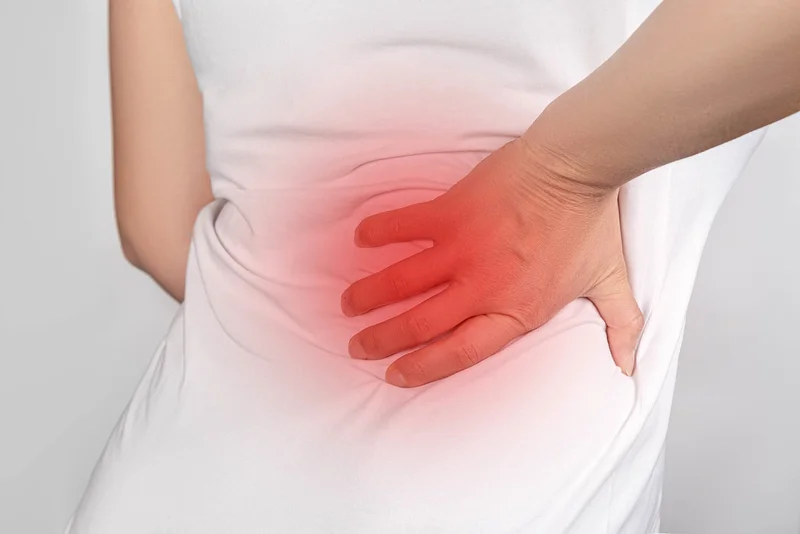When you concentrate on your discomfort, it inevitably gets worse instead of better. Finding something you enjoy doing, anything that will keep you occupied and distracted from your suffering may help you to shift the focus. Although you may not be able to prevent pain, you can take charge of your life. These five tips may be able to guide you in a direction towards efficiently managing your pain.
Table of Contents
From the Inside
If you have chronic pain, you should eat a nutritious diet that can assist your body in dealing with pain and inflammation. A well-balanced diet is beneficial in a variety of ways, including assisting digestion, lowering the risk of heart disease, maintaining weight control, and regulating blood sugar levels. Fresh produce; legumes; whole-grain pasta, bread, and cereals; low-fat dairy products including cheese, milk, and yogurt; and lean meats are all good choices for a low-fat, low-sodium diet.
Investigate which natural supplements are beneficial for different forms of pain. Ask your doctor before you try something new as some of them may have an impact on your health or the prescription medication you’re taking.
Turmeric, devil’s claw root and capsicum have all been known to assist with chronic back and joint pain. White willow bark (sometimes called nature’s aspirin), boswellia and caffeine can all be used for treating migraines or chronic headaches. Glucosamine/chondroitin and mitragyna speciosa (Kratom) are other supplements that have been proven to aid in chronic pain relief. It is best to find an accredited vendor, and this review reveals that Left Coast Kratom is a good option.
Get Moving
Natural endorphins produced during exercise can help with chronic pain alleviation. Endorphins are substances in the brain that make you feel better while also suppressing pain signals. Exercise also has a pain-relieving impact in that it strengthens muscles, which helps to prevent re-injury and discomfort. Exercise can also help you lose weight, lower your risk of heart disease, and control your blood sugar levels. Consult your doctor to determine the best program for you. If you have specific health concerns, you should be cautious about the activities you participate in so your doctor can recommend the best physical exercise for you. Walking has been proven to be a great source of exercise as well as a type of stress release.
Reduce Stress
You might find some relief from chronic pain if you learn to handle your stress. Negative emotions can make the body more sensitive to pain. Several approaches can aid in stress reduction and relaxation. Listening to peaceful, calming music might improve your mood and make chronic pain easier to manage. There are even relaxation records or CDs specifically developed for this purpose. Guided imagery (also known as mental imagery relaxation) is a type of mental getaway that can help you relax. Another strategy for relaxation is progressive muscle relaxation.
Deep breathing techniques and meditation are two other practices that might help you relax your body and relieve pain. There are many different types of meditation, and you can learn to meditate on your own but taking a class may prove beneficial. Deep breathing is also a method of relaxation that aids in alleviating stress.
Record Your Journey and Get Support
Keeping track of your pain by starting a journal of your daily ‘pain score’ can assist your doctor in treating your pain successfully. Make a note of your pain level on a 1 to 10 scale daily. Also, make a note of what you did that day. This can help treat and track the journey of your chronic pain.
Counselling can help you learn to cope better and prevent negative thoughts that exacerbate pain, resulting in a more positive outlook. It is a sign of strength, not weakness, to seek assistance.
It is important to understand that when pain lasts three to six months or more, it is considered chronic. There are numerous effective techniques to treat persistent pain and help you to live your best life.
Read also: Managing Chronic Pain Without Opioid Medication

